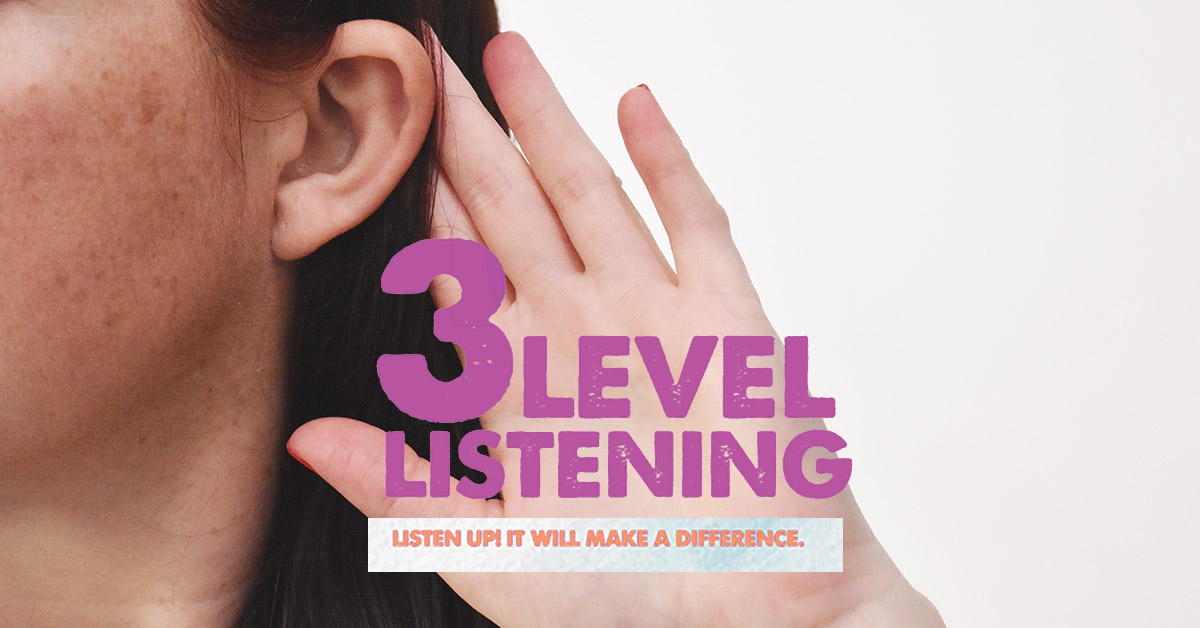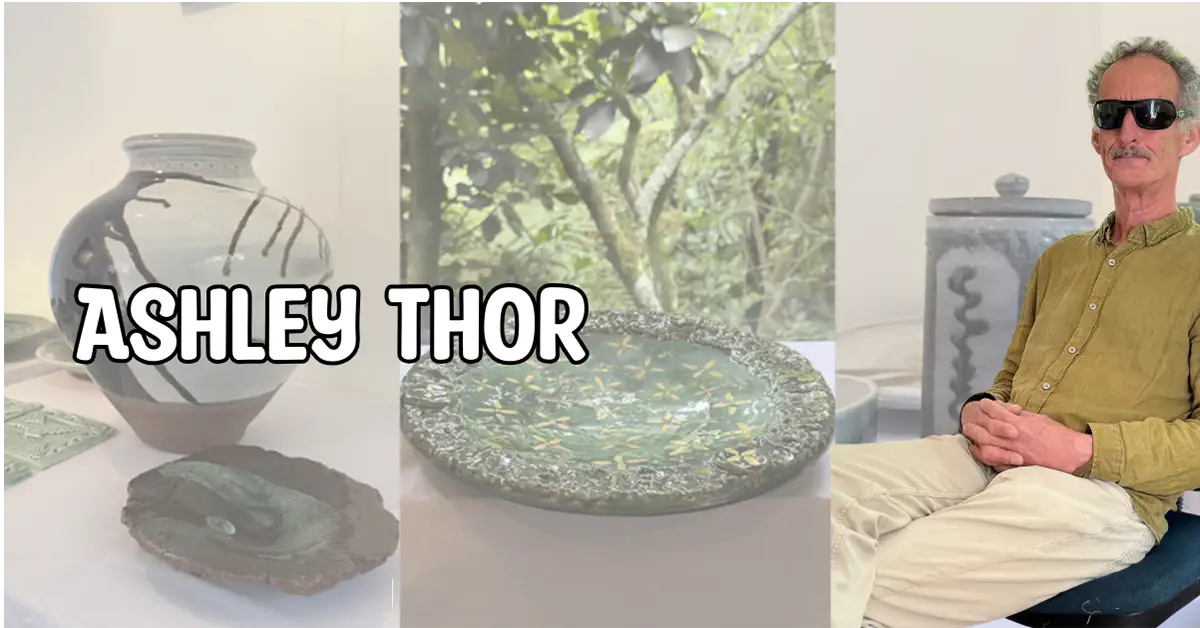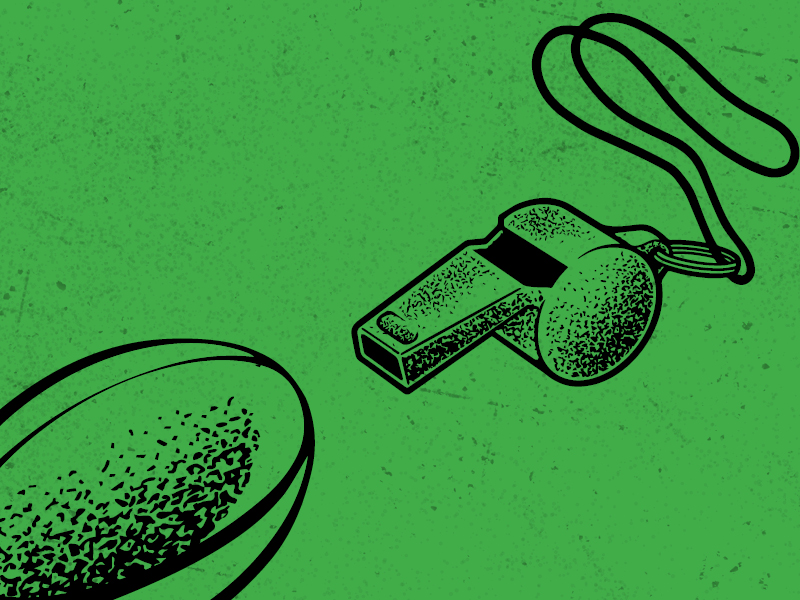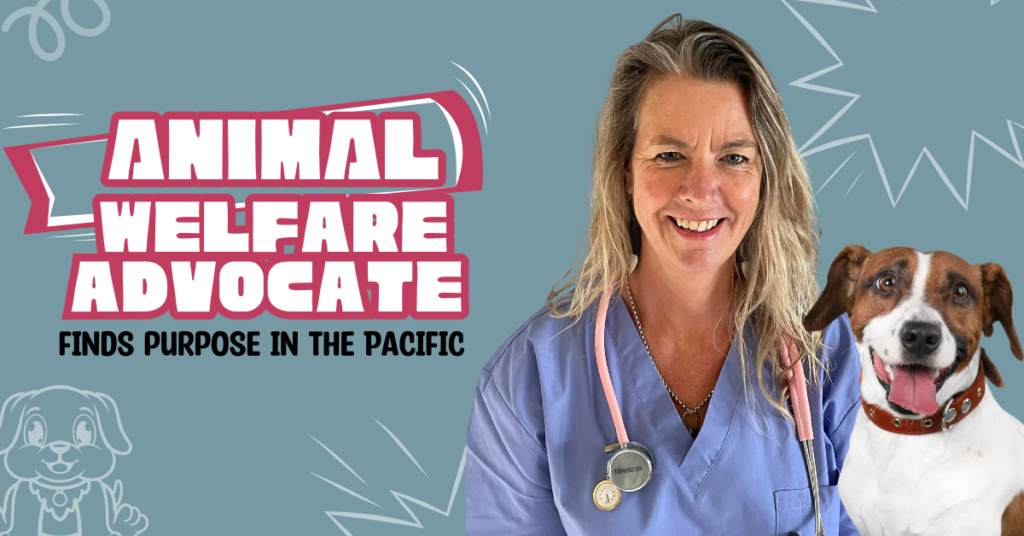
When Jacci Hilton was growing up on Auckland’s North Shore, all she dreamed about was helping animals.
A naturally curious, caring and empathetic girl, she had lots of pets, a menagerie of sorts! As a teenager she worked in a pet store, and would regularly bring home animals to rehabilitate or rehome, sneaking them on the bus in a bag or in her pockets, to be met at home by her Mum exclaiming, “Oh, what did you bring home now!”
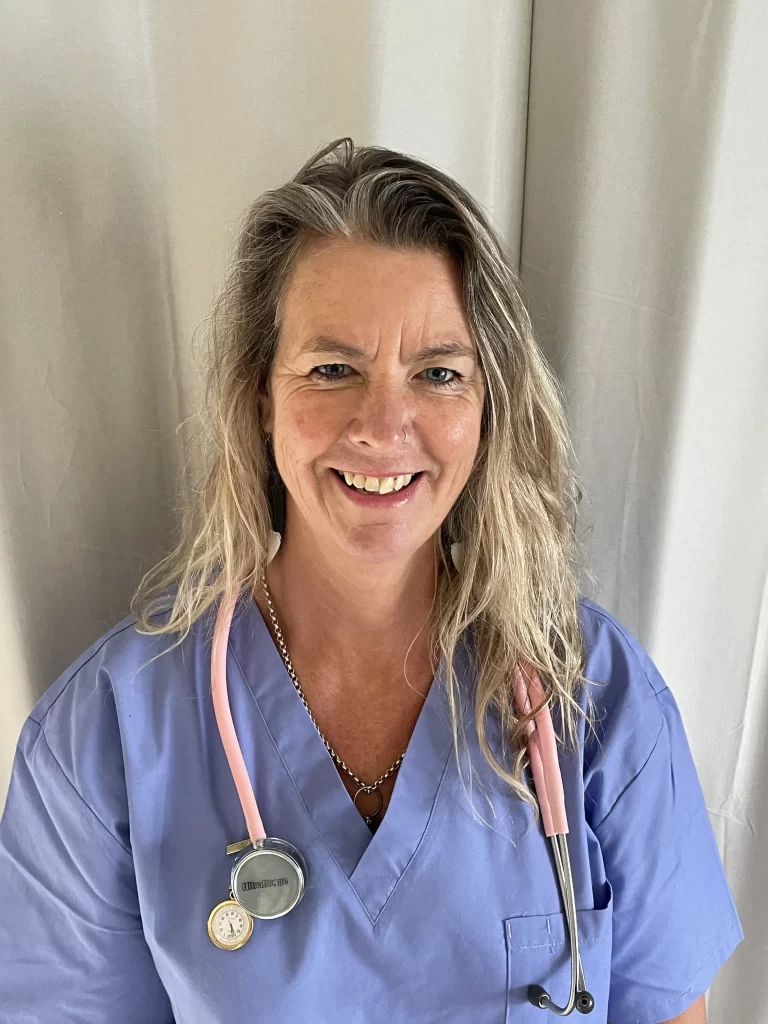
Initially Jacci wanted to be a veterinarian, but was discouraged by a teacher from pursuing this career, and veterinary nurse qualifications didn’t exist at the time. Instead, those interested in a vet nurse role worked or volunteered at a vet clinic to gain experience. Jacci worked at Forrest Hill Vets for eight years, the “best clinic I’ve ever worked for”.
From there, she worked at a dog grooming parlour, kennels, catteries and a pet shop. In 1995, after receiving a scholarship, Jacci completed an apprenticeship of work experience and study in Veterinary Nursing at Auckland Institute of Technology (now AUT). She then managed the flagship Jansen’s pet store in Glenfield, before embarking on her OE. Upon her return she was head nurse at St Lukes Vets and Parnell Vets, and then moved to veterinary pharmaceuticals for ten years.
It was the pharma rep job that prompted Jacci to take a break. She was working 70+ hours a week, and missing out on time with her daughter, so she became a gardener at a retirement village – gardening being another of her passions. She apprenticed, and then became the head gardener at the village for eight years.
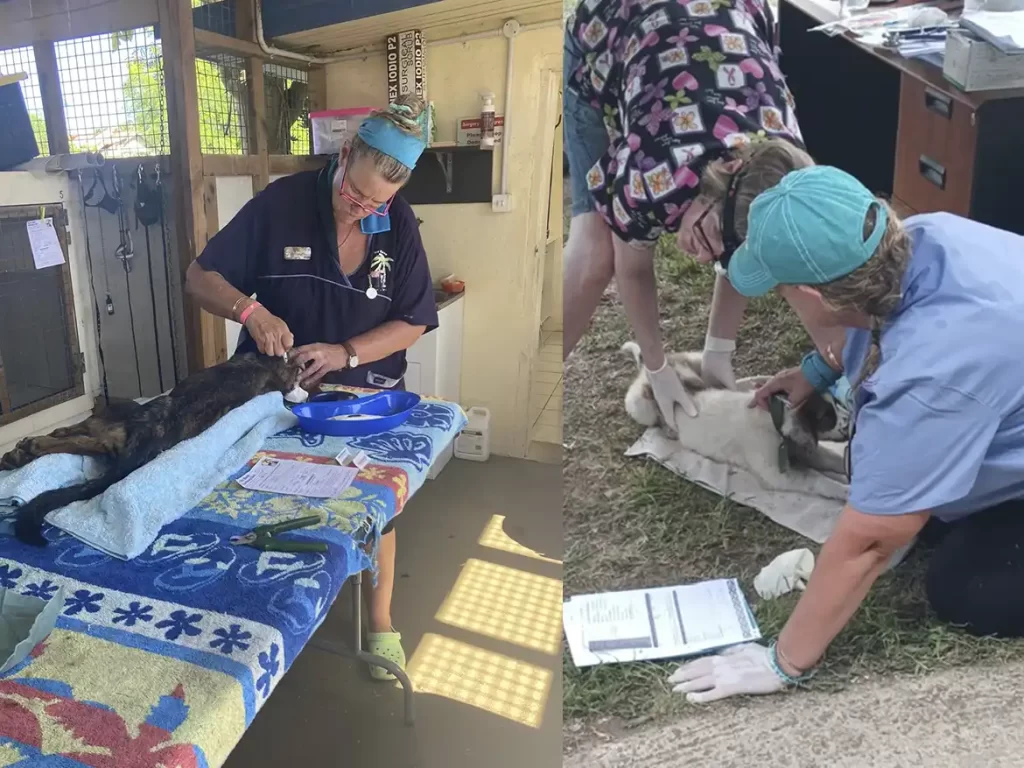
During this mahi, she was making regular trips to visit her best friend in Kennedy Bay in Northern Coromandel. She’d always thought of moving out of Tāmaki Makaurau, exchanging the city for the small town, and thought she would end up in Northland where the majority of her pharma sales work took her. But it was Whitianga that stole her heart. On her way to Kennedy Bay one time, she stopped in Whitianga and fell in love with an old bach on South Highway.
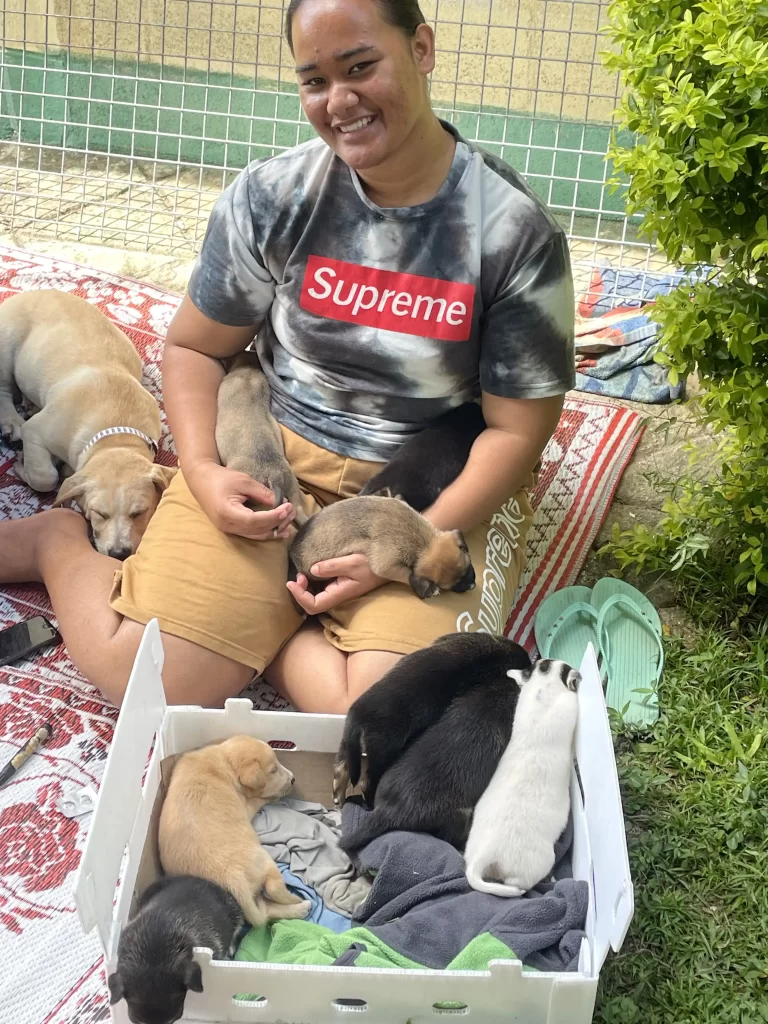
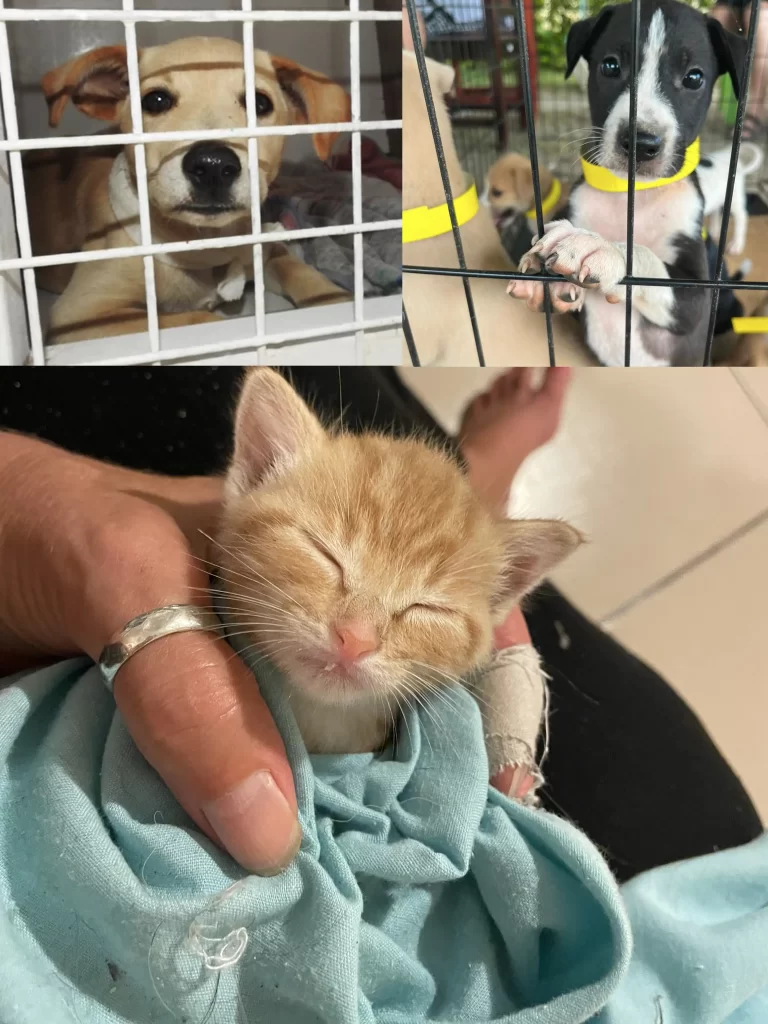
Not long after, she moved to Whitianga, spending the next eight years renovating the bach. She sustained her livelihood with a variety of jobs in town, and ran her own successful gardening business. But her core ambition for helping animals remained. Reflecting on the uncertainty she was feeling at the time, she says, “It was pretty grim there for a while – I knew I wanted to do something meaningful, I just wasn’t sure what that looked like.”
In 2023, after a period of self-reflection, Jacci made the decision to volunteer as a veterinary nurse in the Pacific Islands. She originally applied for a role through Volunteer Services Abroad, but ended up travelling to Tonga with a group of trainee vet nurses from Unitec, with South Pacific Animal Welfare (SPAW), a New Zealand based animal welfare charity.
It had been a while since she had practised vet nursing, and she worried she wouldn’t be able to follow through with it. But then on a busy day in the clinic, another nurse needed assistance setting up an IV, “I talked her through it, showed her what needed to be done, and in that moment, I thought, ‘I’ve got this’.”
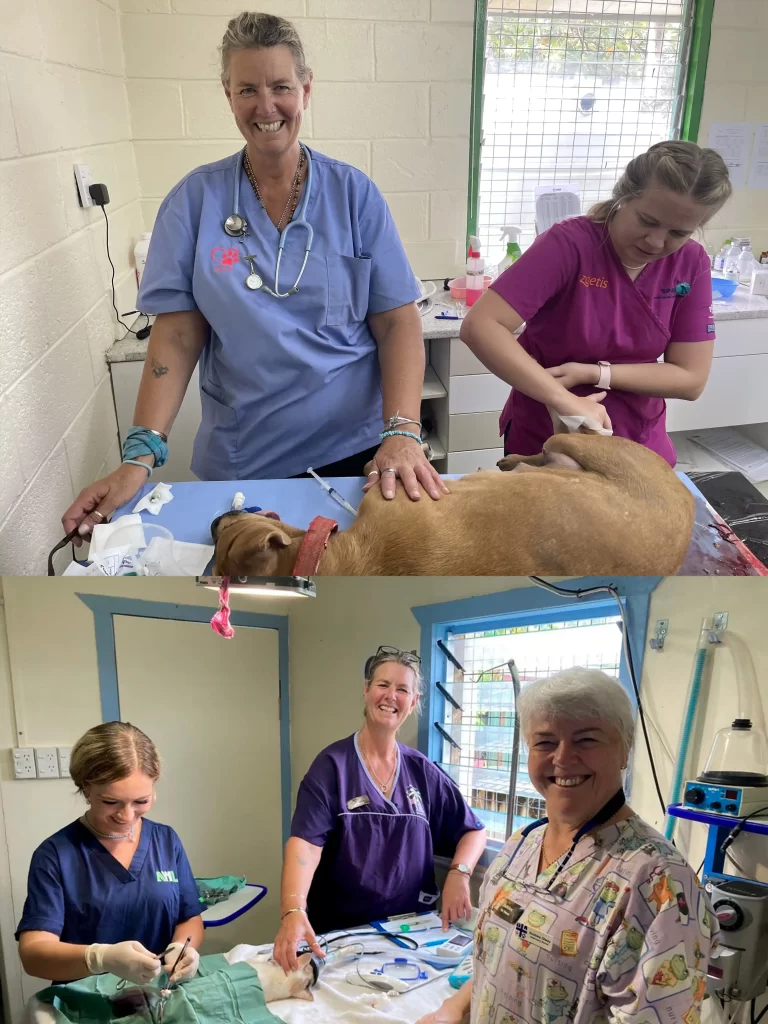
When I ask her what exactly vet nursing entails, she laughs and says, “People think it’s a lot of playing with cute animals, and you do, but that is such a small percentage of it. Half of it is cleaning up after animals, and the other half is interacting with people. Emotionally it can be challenging, and you definitely can’t be squeamish.”
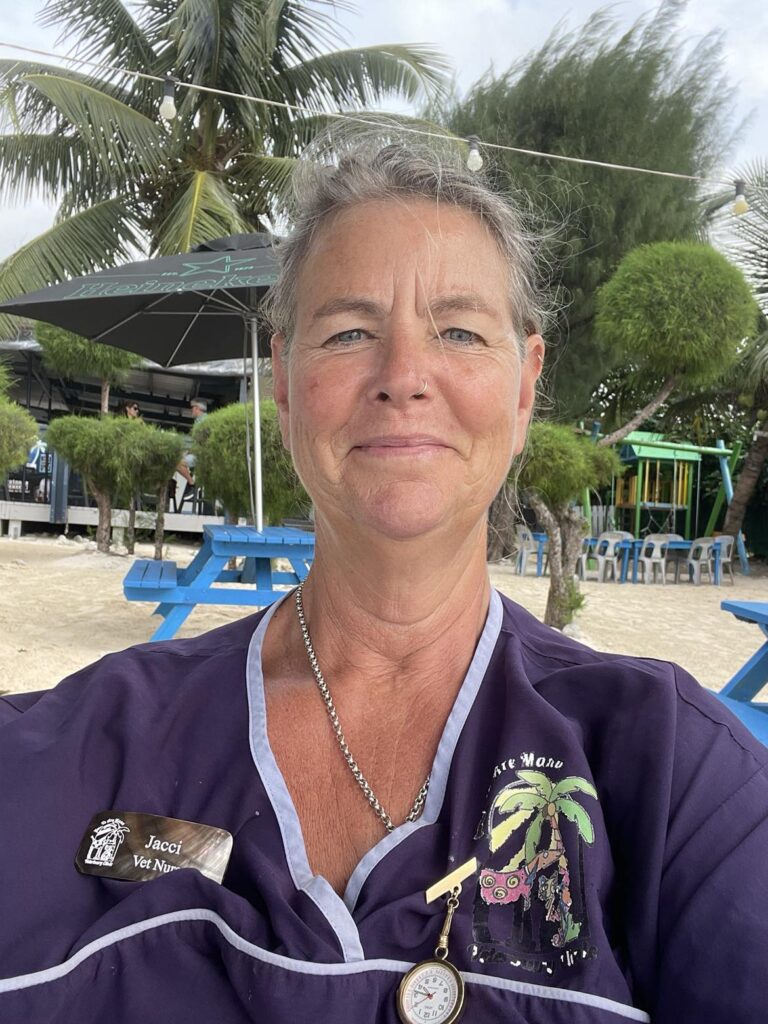
After Tonga, she travelled to Rarotonga to work at Te Are Manu clinic – the only veterinary service in the Cook Islands. “Those three weeks were amazing. I got back into surgery, monitoring anaesthetics … some of it was quite brutal, they don’t have much stuff over there, you do what you can with what you’ve got.” As we chat, I start to gain an understanding of the unique challenges of veterinary volunteering in the Pacific Islands. There are cultural and language barriers to navigate and the under-resourcing of clinics is extreme, especially in the remote rural areas. Some islands don’t have a vet clinic at all. To further compound these issues, pet owners themselves are on low incomes and struggling to care for several animals, despite their best efforts.
At the systemic level, Jacci explains, is a lack of basic animal welfare education, “Recently we had a lady come in with a dog which had been hit by a motorcycle, and its side had been ripped open. It had been like that for three days, the owner thought it would heal itself. That’s the kind of thing we were dealing with, and you can’t be mad, because it’s just a lack of education.”
Experiencing first-hand how grateful locals were for advice to care for their pets has prompted Jacci to consider animal welfare advocacy for one of her future volunteer roles. She believes timely education is crucial for improving animal welfare, both in the Pacific and here in New Zealand.
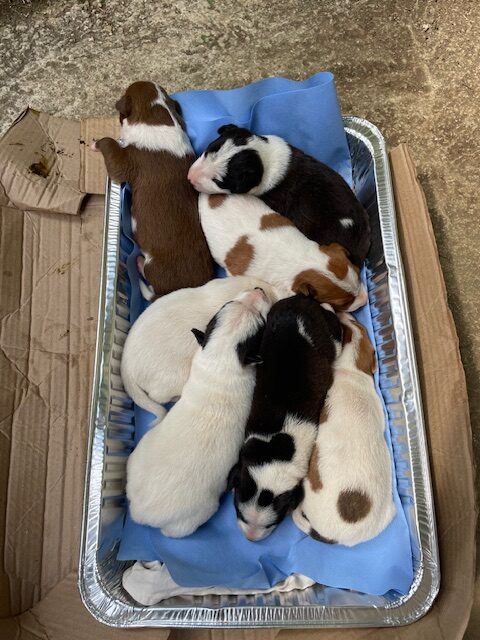
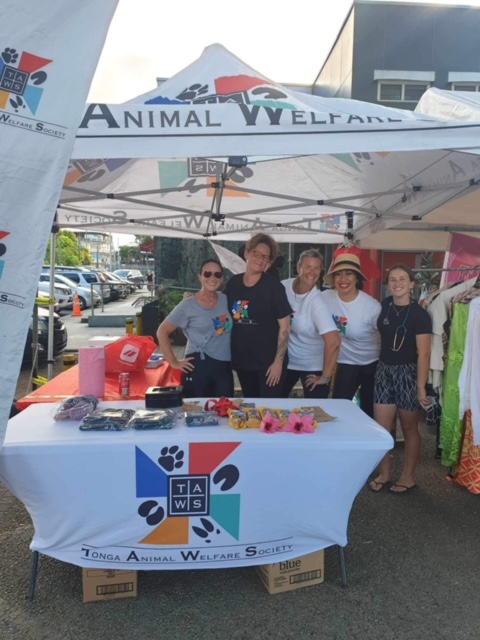
“I’m a huge advocate for desexing to eliminate unwanted litters of kittens and puppies. The pounds and charities are overflowing – puppies and kittens are cute, but looking after them properly is a serious responsibility. I also advocate for the Five Freedoms: freedom from hunger and thirst, discomfort, pain and disease, fear and distress – and freedom to behave naturally. If you’re fulfilling those five freedoms, then you’re treating animals with the dignity and respect they deserve.
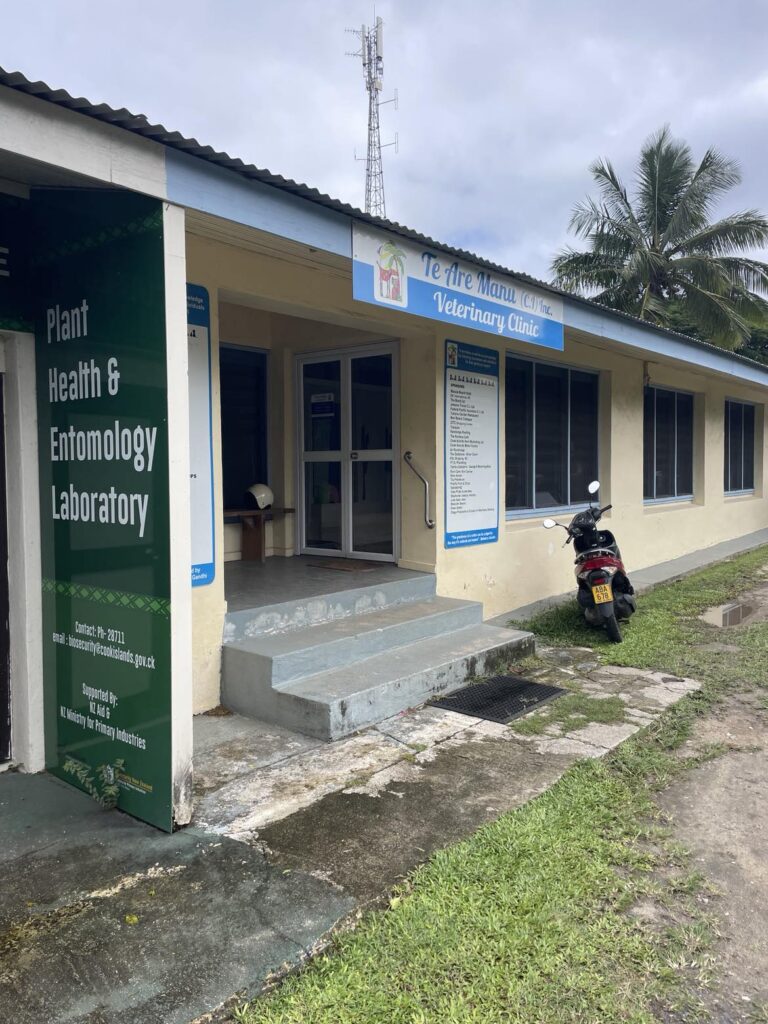
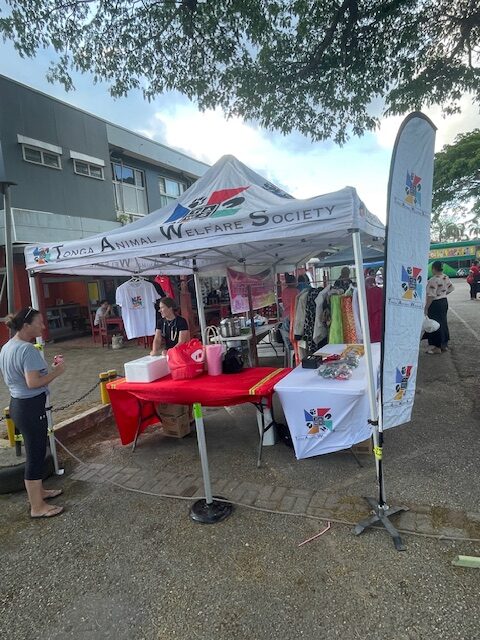
Jacci’s next placement in November will take her to The Rock Vets in Niue.
South Pacific Animal Welfare relies on donations to provide free veterinary care to animals in Pacific Island communities. Donate here: https://givealittle.co.nz/org/spawnz
Words by Anusha Bhana



